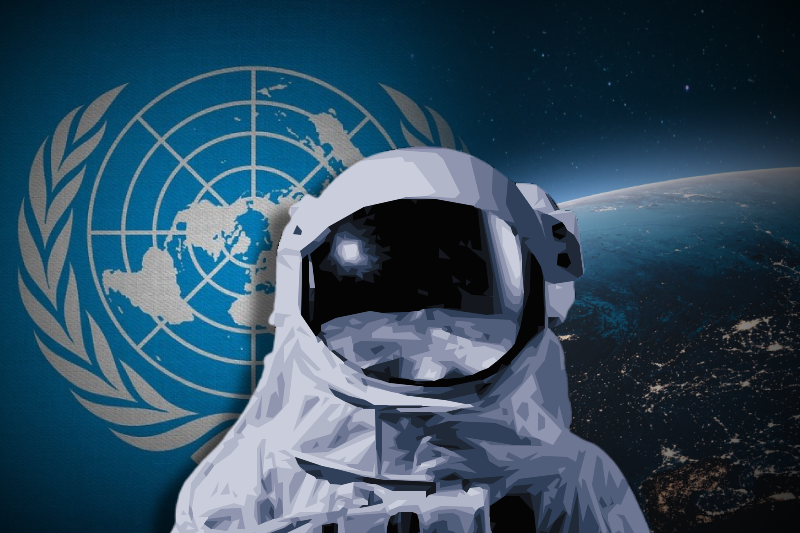
UN led talks call for enhanced space security and unity among countries
Last updated on May 16th, 2022 at 04:47 am
The first ever open-ended working group has been meeting all this week in Geneva on “Reducing Space Threats”. This is in line with the resolution of UN General Assembly taken last December, that is seeking to promote “norms, rules and principles of responsible behaviours” among countries that are already present in the outer space and also those planning to step into.
“The situation has changed dramatically in the last few decades. We have so many space activities there is a growing number of space-faring nations – and even those that are not space-faring are sending their own satellites,” explained Hellmut Lagos, chair of the working group talks. “There are so many activities and the regulations …are not enough to deal with the different risks and threats to the security of all those activities.”
Also Read: 5 Busiest Airports In The World After COVID Pandemic
Revamping the already existing Outer Space Treaty
The Outer Space Treaty already exists, making it the basis of ‘international space law’, main focus being “exploration and use of outer space, including the moon and other celestial bodies…for the benefit and in the interests of all countries…and shall be the province of all mankind”.
But being 55 years old, the Outer Space Treaty needs updating in order to take into account global security based on the threats based on space and activities therein. “The most basic things that we do in in modern life, they are dependent on these technologies and services that come from space: GPS, critical infrastructure, energy, everything, everything is controlled by space technologies…everyone is becoming increasingly aware of this issue,” Mr. Lagos explains.
Loopholes
The 1967 space treaty bans nuclear and other weapons of mass destruction. But, as Lagos points out, there is no way to know if modern governments would be keeping next generation missile systems out from targeting satellites. This is why, Lagos noted, that “all Member States need to find common ground on new norms, rules and principles, to plug legal gaps that might be exploited by space-faring nations”.
Need for an inclusive approach
There has been an increase in space exploration by non-Member states. Underlining this, Mr. Lagos had included many civil society representatives to the talks. “Civil society is extremely important, not only because there are an increasing number of non-State actors in space, but also because their participation in these multilateral processes, they give an additional layer of legitimacy to the result, to the outcome of the process.”
Also Read: Top 5 Happiest Countries In The World In 2022 (Latest UN Report)
Russia, last week, confirmed its exit from International Space Station, citing sanctions imposed on it due to Ukraine war. “It is obvious that the geopolitical context now is really concerning and it has an impact on all the discussions and all the processes all over the world – that does not exclude us,” said Mr. Lagos.
Next session of group talks will be held in September with agenda of “current and future threats by States to space systems, and actions, activities and omissions that could be considered irresponsible”.




